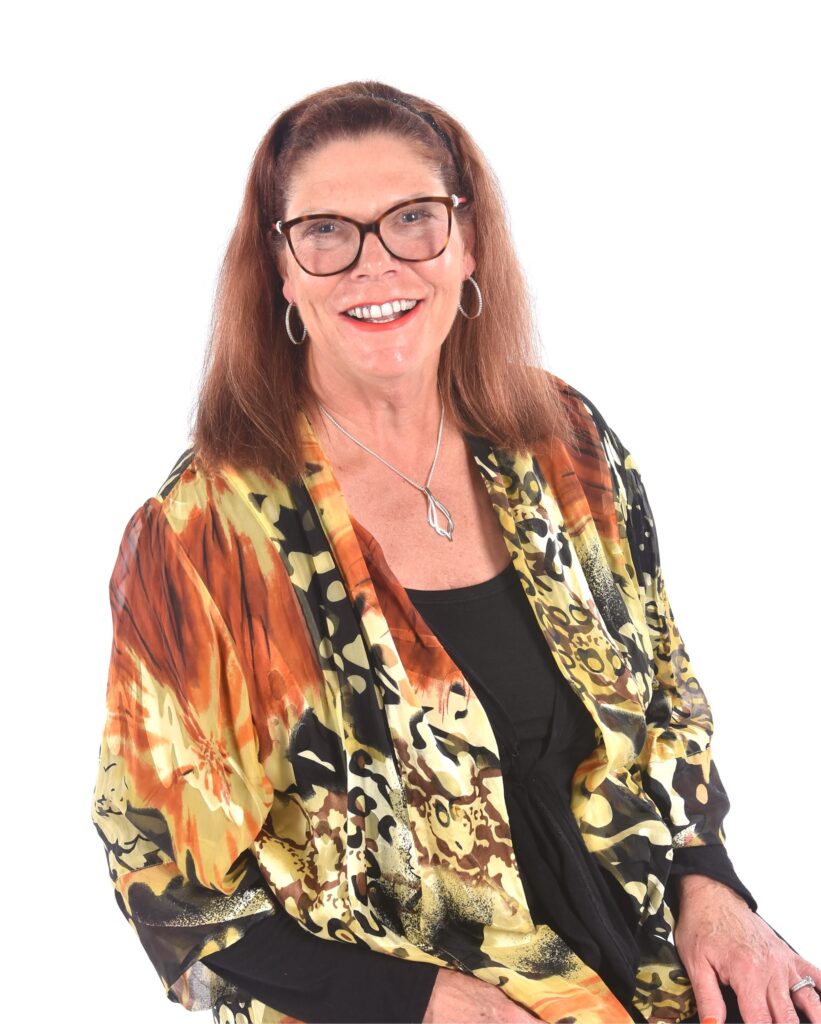The news was on all three channels. The screen showed a picture of the same man and a moving car.
Something was wrong.
People on TV were crying. My babysitter was crying. I asked her why, and she said, “A very important man is dead.” I knew how final that statement was. Just the previous year, I heard the word “dead” about my Mom.
It meant you never saw them again.
I was barely five years old when President Kennedy was assassinated in his motorcade, sitting next to his wife in Dallas, Texas. This tragic event threw our country into turmoil.
Even at that young age, I was aware that moment in history was significant.
Throughout the 1960s, the crucial events that had my family gathered around our television set were Bobby Kennedy and Martin Luther King’s assassination, the landing on the moon, and continuous stories about wars.
It seemed that our country was already at war.
I’ll never forget crouching under our desks or lining up against the walls on the floor in the primary school hallway with our heads between our legs, preparing for a nuclear attack. Of course, it was just a drill, not at all terrifying for a seven-year-old.
I never knew what unsettling news would await us at dinnertime as we watched Walter Cronkite while eating our meat, potatoes, and Wonder bread. We watched the news every night and ended supper with, “And that’s the way it is.”
The phrase was meant to signify that these are the facts, plain and simple, without bias.
It was as if whatever awful news had already happened, Mr. Cronkite was letting us know there was nothing we could do now to change it.
At least, that is how I felt as a preteen.
There were undoubtedly other significant events in the 1960s: protests, the Civil Rights Act, The Voting Rights Act, and even the Beatles invasion, but the ones I mentioned are ingrained in my memory. It seems that the broadcasters played any assassinations, protester beatings, or general violence on reply, and I was transfixed watching it play out over and over. I was looking for the answer to why someone would do that to another human being.
My memories of the 1970s news reporting were of nightly body bag counts from the Vietnam War, more protests, Watergate, Nixon saying, “I am not a crook,” and Roe vs. Wade.
In the 1970s, I became a teenager and more aware of what was happening in the world and how it affected me and my family.
The Vietnam War finally ended, but the Iran Crisis began.
I met Jimmy Carter at my college campus in Illinois in 1976 and proudly carried a sign for his election. I was even interviewed for the local news about why I was voting for him. I couldn’t wait to vote for the first time, and it was even more exciting that my candidate won.
Times were changing and affecting me directly. I hadn’t had my driver’s license long before the gas crisis caused panic at gas stations and with our wallets. My dad had a General Motors car dealership at the time, and larger vehicles that “guzzled gas” were no longer selling.
When I was hired for my first “important” job at a local bank (a job that I considered had a future), it became quickly apparent that the higher management positions were reserved for men only. Although I’ve been promoted over the years, the top income was typically given to men designated as the “head of the household”, even as an increasing number of women also held that role.
.
In the 1980s, my Grandmother, a lifelong Democrat, became a Republican because of Ronald Reagan. She respected Reagan greatly and looking back over his presidency, her admiration wasn’t misguided, at least not compared to what politics have become today.
In the late 1980s, I became a mother, which made the future of our country and the world even more crucial to me.
What kind of world my son would grow up in mattered.
Even after thirty years, the possibility of nuclear war not only hadn’t disappeared, it became a greater reality. Environmental issues such as ozone depletion and smog were evident in more than just major cities. The HIV/AIDS epidemic became well-known and widespread. Nearly everyone knew of at least one person who had died from a drug-related overdose or violent incident. We were in a recession, and the cost of living and education continued to rise. Crime rates, especially child abductions, increased. Distrust in authority, media, and government was on the rise. There was a dividing line between those who could afford to learn and keep up with technology and those who could not.
My son is now thirty-six with three children of his own.
In his lifetime, he has experienced the collapse of the Soviet Union, numerous, continuous wars, 9-11 when he and his classmates were sent home from middle school, and thousands of bombings and mass shootings, including an elementary school in Sandy Hook in 2012, the election of the first African American President, Barack Obama in 2008, the killing of Osama bin Laden, COVID-19, natural disasters and the reversal of Roe vs. Wade. And so much more.
I can barely watch the news anymore. It is no longer unbiased. No longer “just the facts.”
Still, I love this country, and having had the privilege of traveling to many areas globally, I’ve seen firsthand that we are all so much more alike than different. We are mostly good and caring people who love our families and neighbors and want the best for them, no matter where we live or our circumstances.
We want the wars and evil in the world to end.
But what can we do? In my six decades, things seem to have gotten worse, not better.
Still, I’ve never failed to vote in an election.
I’ve always encouraged my family to vote their conscience. It is the one way you can use your voice and truly make a difference.
Instead of shrugging your shoulders and saying, “That is the way it is, NOTHING I can do about it,” please do SOMETHING.
Vote for a brighter future. Vote with your heart and not political party rhetoric.
Don’t depend on someone else to do it for you.
It is your right and your obligation.
——————————————————-
“Do we want to live in a country of freedom, compassion, and rule of law – or a country of fear and hate?
And here is the beauty of this moment: We each have the power to answer that question.”
— VP Kamala Harris
——————————————————–
Perhaps when our grandchildren list significant events in their lives, they will say, “That is the Way it Was,” with a smile and beautiful memories.
_______________________________________________________________________________
______________________________________________________________________
Thank you for reading.
Thank you for voting.
Keep smiling!
xx


